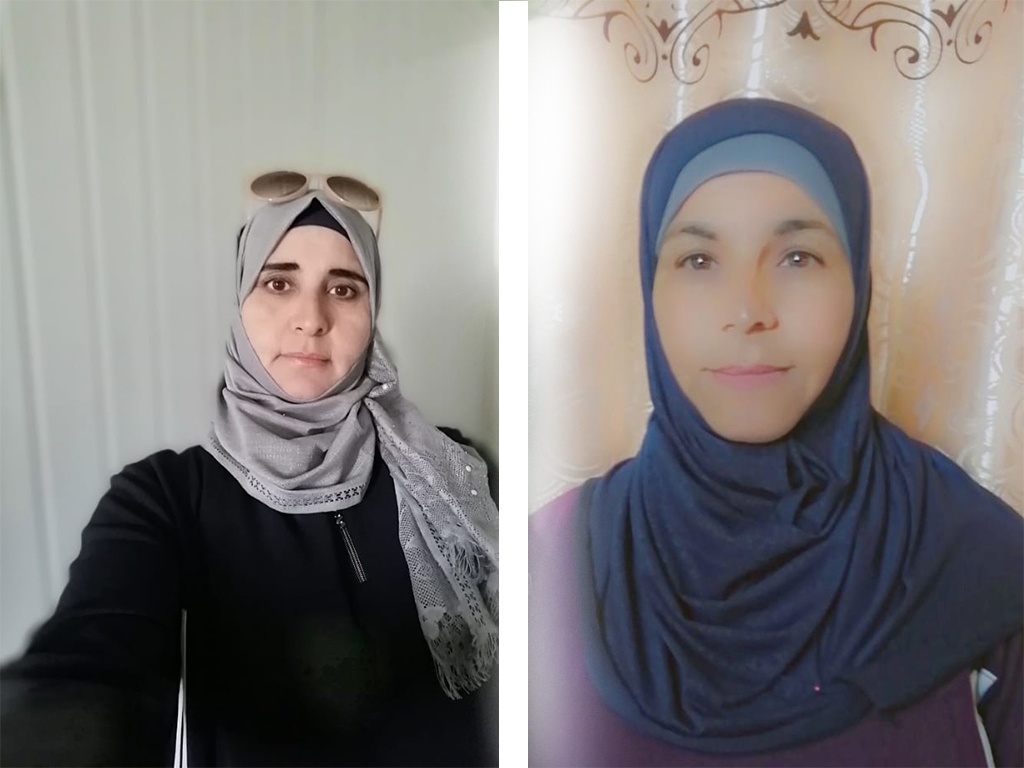“Life in the camp is full of challenges, but alhamdulillah, I always find a way to solve these challenges,” said Amnah Al-Kayed, a member of the women’s community network in Zaatari camp. Al-Kayed works with the network to help the women in the camp solve issues and raise their awareness about the importance of their role in society.
A group of women formed women’s community networks in the Zaatari and Azraq camps. More than 40 women participated in training for the civil participation project “Empowering Each Other”, as well as in psycho-social support sessions, where they learned about referral systems in the camps. The project has been implemented by the Arab Renaissance for Democracy and Development (ARDD) in partnership with UN Women and funded by the Australian government since February 2020 in the Azraq and Zaatari refugee camps, and in the governorates of Irbid, Zarqa, Amman and Tafileh.
The network, which counts 20 women, is fueled by these women’s eagerness to learn and help.
“The training courses gave me self-confidence, experience and information that I did not have,” said network member Rahaf Al-Qaddah who participated with the rest of the network members in the training on public speaking and critical thinking.
To help women and their communities face the daily challenges in the camps, efforts need to be intensified. The networks seek to increase women’s participation in activities that will help them overcome these challenges.
At the same time, the women’s networks in the camps aim to convey women’s voices to decision makers.
Ghufran Kaddah, a network member in Zaatari camp said: “The training sessions taught me how to help others and put myself in their shoes, which increased my interest in helping and amplifying their voice.”
The women of the network chaired sessions for more than 300 women in the two camps, to encourage their civic participation. The women of the networks are spreading the volunteering culture and raising the level of community participation. In addition, they share their experience and the skills they have acquired with their community and families.
“I want to help my children live in a community that encourages community participation and try to take care of their community issues,” Al-Kayed says, and she adds that her work in the network reflects on her family and children who already said they want to contribute to community work in the future as well.


